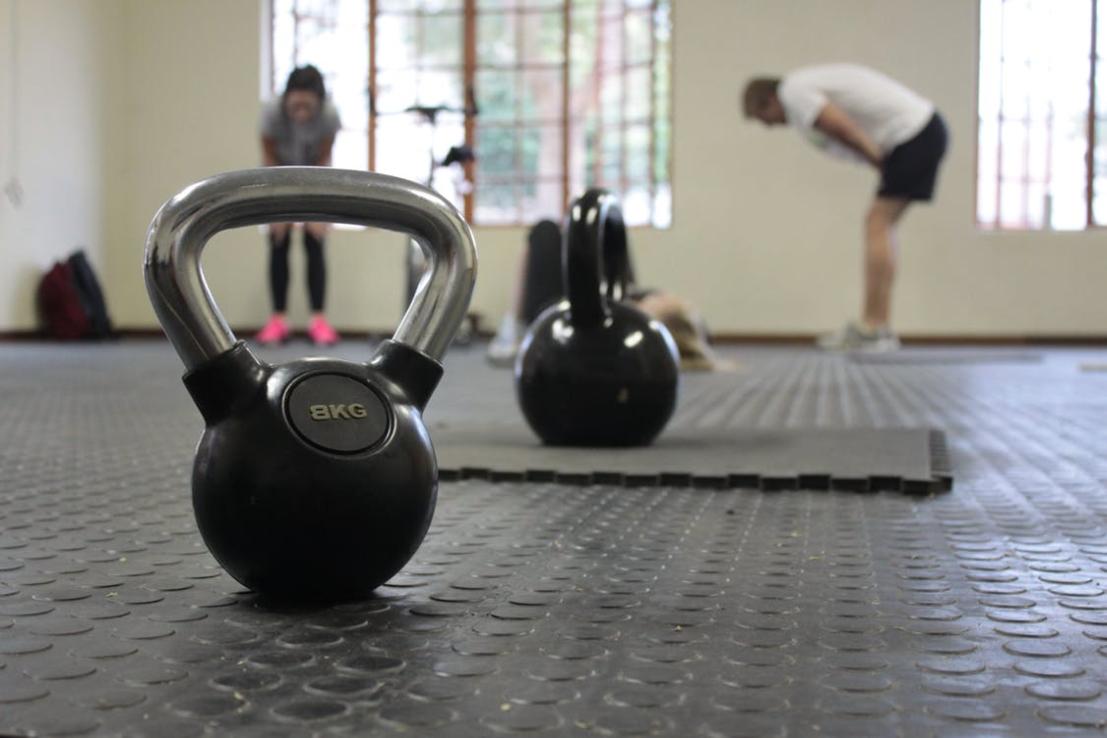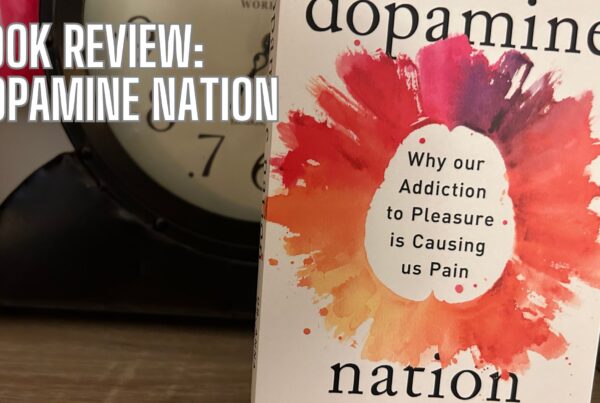In what ways do you want to be better in 2019?
I have a question for you. In what ways do you want to be better in 2019?
And by ‘better’, I could mean any number of things. Fitter. Healthier. More focused. More financial. Confident. Whatever that ‘better’ could mean to you?
It is that time of the year where considering a question like this can help to set the tone for the following year.
What do you feel holds you back from being an even better version of yourself right now?
For some people, it might be their weight. For others, it might be a habit that they feel has become unhealthy for them such as smoking or drinking or drug use. Perhaps it is just promising to yourself that you’re going to take better care of yourself in the new year, and having that intention is wonderful. Intention alone isn’t likely to make the change you want, or at least not to the level that you would like.
Given that we are in the final handful of days before the new year is upon us, I felt it might be a good time to offer some suggestions and tips of how to really fine-tune that vision so that you can begin the new year feeling ambitious, prepared and ready to take it on.
Be specific about what you want
As we step into the new year, it can often be all too easy to make some flimsy half-baked intention about what we want to change the following year. We end up with things like ‘exercise more’, ‘eat better’, ‘take better care of myself’, but what does that all actually mean?
In order to make a change, you need to become aware of what it is that you’re changing from and changing to. Who is the current you, and what are you currently doing that is holding you back? Who is the new you, and what does the new you do to break free from those limitations (be them psychological or physical) so that you can have the change you desire?
Perhaps now is a good time to be reflective, take stock and do an audit of your world. Break it up into various areas, such as business and career, health, finances, personal development, spiritual, romance, family. As you look at each area of your life, what is working and what needs to improve, and how do they interact?
For some people, making an S.M.A.R.T. Goal might be beneficial too, getting down to exact specifics, time frames and making it measurable.
STOP – what is preventing you from being that right now?
Once you know exactly what you want, then it is time to access your current behaviours and habits to determine what is supporting and hindering your change.
The first thing to do is to consider what it is that you need to STOP doing in order to bring you closer to the person you wish to be.
Spend some time to really go into detail here. It might be all too easy to say in order to live a smoke-free life, you need to stop smoking. Chunk down into detail here; what is it specifically that you’re doing that may trigger the desire to smoke. What behaviours do you have that are slowing you down, giving you excuses, and stopping you in general from embracing a new way of being?
It is at this point that I remind you that the change that you want and your chances of success with it come down entirely to you.
START – what behaviours need to begin in order for you to achieve that?
Research has shown that habits can’t be deleted or erased, only replaced.
With this in mind, what new behaviours are you going to START doing that will replace those old, out of date behaviours?
This is where you may want to invite that creative part of you in on the process and to help think of new, different, innovative ways for you to achieve what you would like to achieve.
For instance, if you wish to find more ways to exercise, you could consider the many different forms that exercise can exist in. It doesn’t mean forcing yourself into going to the gym every day unless that is what you really want and you believe that you have the willpower, determination and ability to do that.
You could, instead, look at your current day and determine how else that could exist, such as walking all or part of the way to work, doing body weight exercises at home, or working in some more physical activity at work.
Have an idea of what you can do, make a plan and make sure it is one that you know you can do and will want to do. Ensuring that you know each step of the plan is realistic is absolutely essential in guaranteeing success.
MAINTAIN – what are you currently doing that works for you?
We all do things already that are going to be beneficial for us, whether it be regular self-assessment through to those periods of healthy eating, exercise, or being mindful.
This is a great opportunity to access what we are already currently doing in our lives that we wish to MAINTAIN and to use to provide us with even more motivation and focus towards our goals.
Mindset is key
Consider this for a moment; every year there are literally hundreds of thousands of people who do specific training in areas of their lives. Many of them are going to have remarkable transformations. Some won’t. Given that the training is the same, what is the difference between those who do have a change and those that don’t?
It often comes down to a handful of things.
Firstly, the belief that they are capable of change.
Secondly, the ability to make a genuine, authentic decision to change and to act on it.
Lastly, the ensure that the change is aligned with their values and that it is building towards a way of being that is going to serve them better than the old way did.
It really comes down to being as simple as that.
As Henry Ford once said, ‘Whether you think you can or think you can’t, you’re right.’
Action is vital
I’ve seen some people come to therapy and think that it is the therapist’s responsibility for them to change.
That would be like paying for a gym membership and blaming the gym for your lack of results.
When you step into therapy, or counselling, or coaching, or mentoring, it is absolutely vital that YOU decide what action you are going to take for YOUR change.
In business, there is an old saying that if you fail to plan, you plan to fail. You need to know what action you are going to take to ensure that you avoid the triggers that provoke old behaviour and implement in the new behaviour that is going to generate the outcome that you want.
Resilience and Self-acceptance is essential
You are not perfect. You are flawed, and that is absolutely, perfectly acceptable.
Yet we hold ourselves up to such an immensely high level of expectation.
This obviously has some benefits as it means that we’re aiming for extraordinary results.
There are some painful downsides to this too and it is so essential to realise that we are flawed, we’re not perfect, and we will occasionally make mistakes. The key thing is being able to learn from the experience if/when it happens and to know what we will do differently next time.
Let me offer an example. I recently caught up with a friend of mine who stopped drinking alcohol a few years back. He stopped because he wanted to be healthier but admitted that over the time since he stopped, his reason for maintaining his decision to be a non-drinker had changed from why he had decided to stop in the first place. He loved the level of clarity and focus being a non-drinker provided to him and he really appreciated this way of being and the benefits he got from it more than a huge night out of binge drinking could ever provide.
One of the things that he did when he stopped drinking though was to say to himself that it didn’t mean forever.
I had to agree with him; in this instance, saying that this is what he feels like ‘now’ gives him permission to be human. Now, this doesn’t mean that he is intentionally going out looking for reasons to break his non-drinking lifestyle. As I mentioned before, he has come to enjoy his life as a non-drinker more than what it was as a drinker so there is no desire there and the chances of him accepting an invitation to an alcoholic drink are as close to zero as you can get. However, what his mindset has allowed him to do is to be able to find acceptance and resilience in the unlikely situation that he does find himself drinking again.
You look at smokers who say that they’re going to quite and then they end up having one cigarette and they’re suddenly thinking, ‘bugger that, I’ve ruined that. I might as well start smoking again.’ Falling off the wagon for them became a failure and, with that, came the feelings of it being ‘all too hard’ and taking up the habit again.
If they knew that it wasn’t forever though and that they had that option, then many people will put it down to a bad decision, learn from it, forgive themselves for a momentary lapse of judgement and bounce back stronger than ever.
Obviously, we each individually need to determine what is acceptable in situations like this. Someone who is recovering from a drug addiction may have made the decision that they just can never risk it ever again and fight for that sobriety, however, coming back to my first point, we are all human and will have moments of being ‘less than’ what we can be. If we can find forgiveness, learn from the experience and move on with our new behaviours, we stand more chance of those behaviours sticking than being another ‘new years’ fad.
Train the mind
Of course, ensuring that you continue to train the mind is going to help you achieve your goals.
Whether it is developing a mindfulness practice so that you can determine what distractions will get your focus or doing some hypnotherapy to help embrace change, build internal resources and unconscious strategies, training the mind will help you to be able to tap into the reasons why this change is important for you.
Would you like to download a FREE Hypnosis Audio to help you with your New Year You? If so, all you need to do is click here, download and enjoy!
Book Your FREE Half Hour Consultation With Release Hypnosis NOW!
You may also like to read:
Top Tips For Your Mental Wellbeing This Christmas/a>
Your Own Personal Hypnosis Recording
What Do Cats Wanting Attention Teach Us About Acceptance
Maintaining Mental Health and Surviving Christmas








